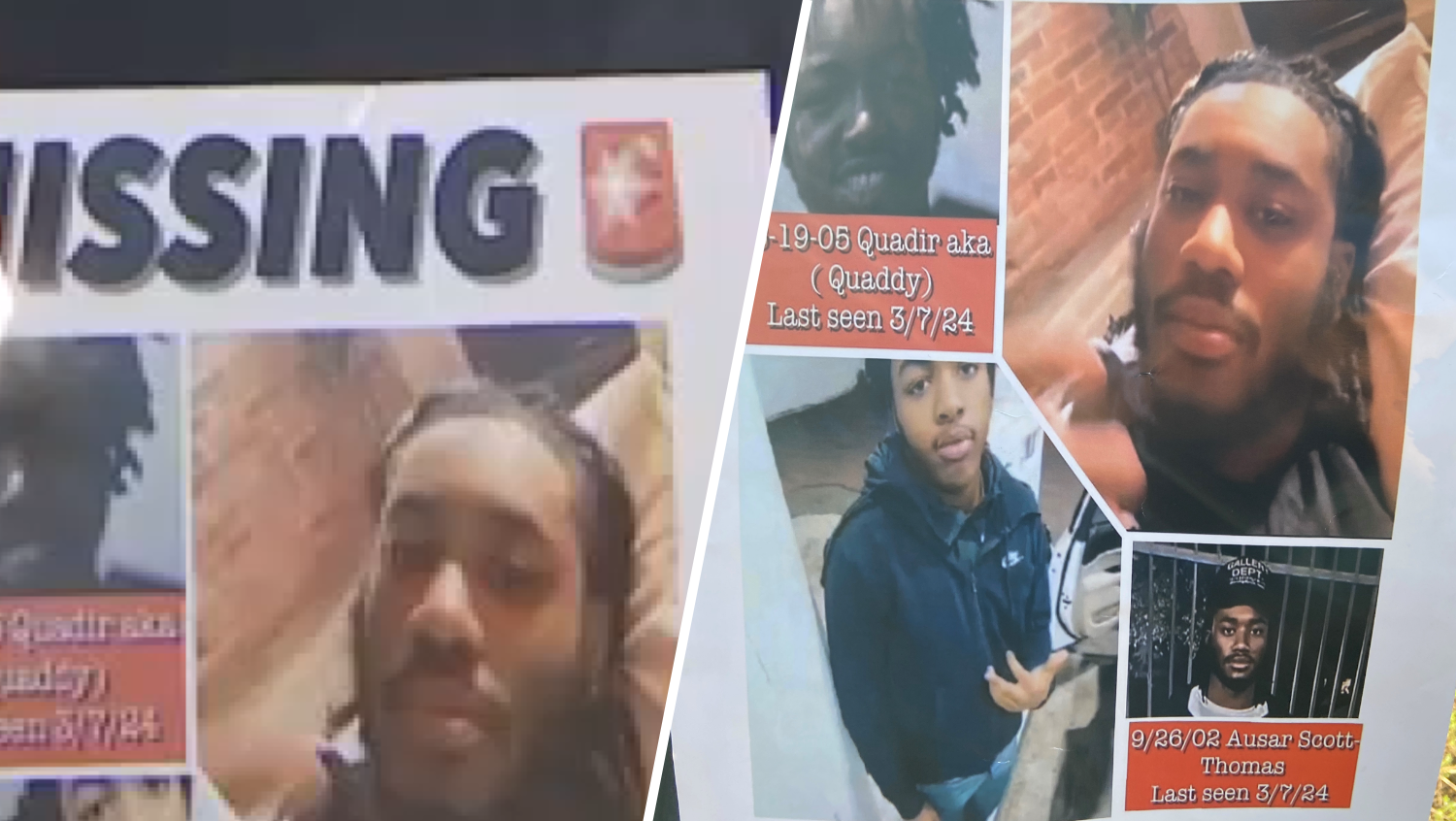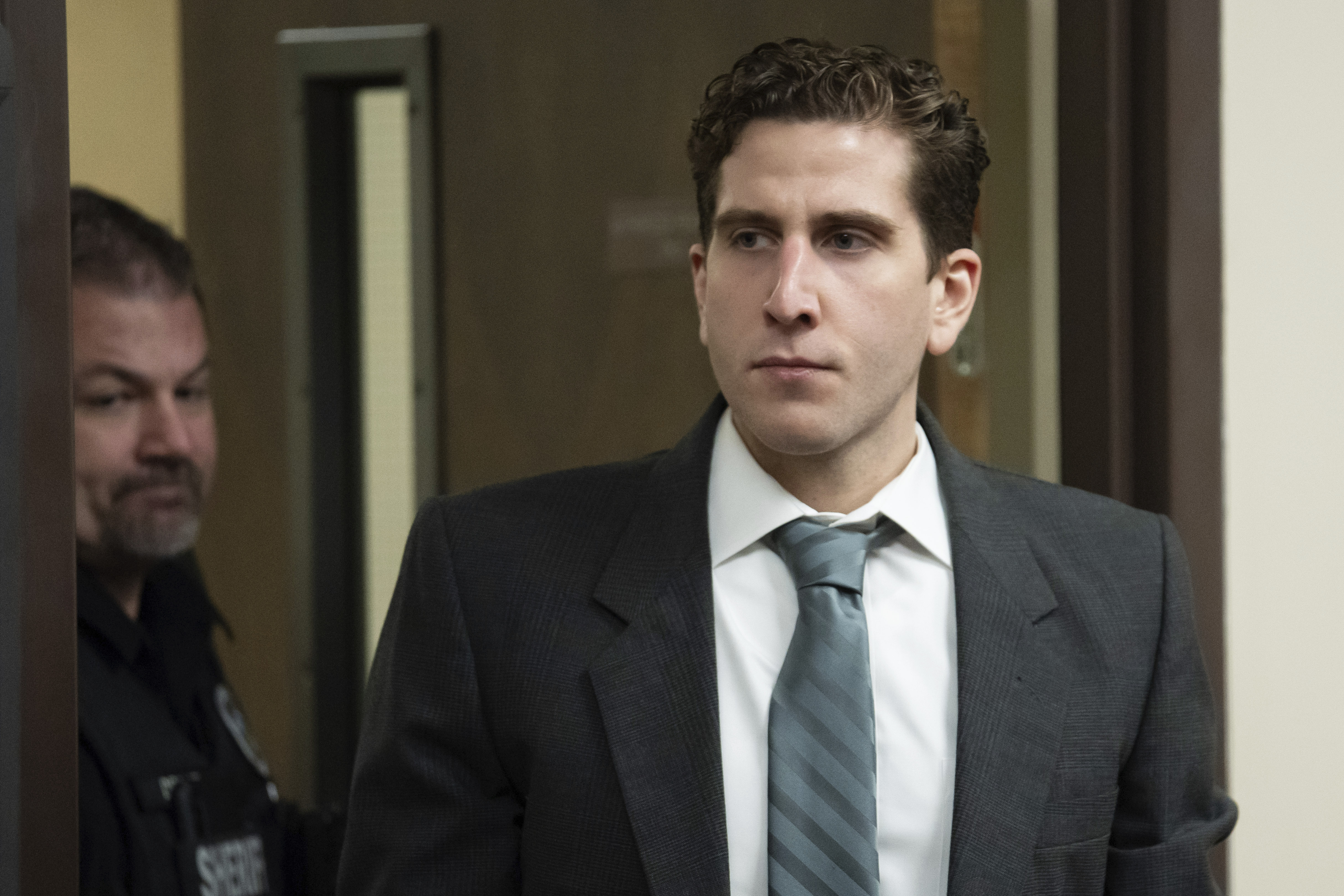A long-sought mayoral task force charged with recommending an attack plan for Philadelphia's ever-growing heroin and opioid epidemic held its first meeting Wednesday morning.
The group of 16 dozen public health experts, local and federal law enforcement, state administrators and advocates have a goal of providing actionable recommendations for Mayor Jim Kenney in just three months.
Dr. Arthur Evans, the city’s mental and behavioral health commissioner, said the task force is necessary to bring everyone onto the same page.
"Multiple people were dealing with this issue, but really people weren’t talking,” Evans said.
Advocates have long prodded the city to declare the drug epidemic a public health crisis and form such a task force to coordinate attack efforts.
Expediency is vital, Evans says, to saving lives. “This is a crisis and we need to get to the issues,” he told the group and audience of a few dozen.
City health officials expect overdose deaths, fueled overwhelmingly by opioids, to approach 900 for 2016 when final toxicology reports are confirmed in the coming months. That number is three times the city’s homicide rate.
Local
Breaking news and the stories that matter to your neighborhood.
Worse, the grim statistic, like in many towns, continues to rise every year as NBC10 found in its recent special report, Generation Addicted, about the deadly heroin and opioid epidemic. The more than year-long project followed those in the throes of addiction, family and community members affected by it and health officials and law enforcement trying to fight it.
A spike in deaths during the holiday season claimed 12 people in one day. Thirty-five people died in a five day span. Another day, some 50 people were thought to have overdosed, but they were all revived with naloxone.
The infiltration of fentanyl, an exponentially stronger synthetic opioid that can be added to heroin or taken alone, into the city’s drug market could be a major instigator in the deaths. The health department expects 50 percent of opioid deaths in 2016 to involve fentanyl.
“In my public health career, I have never seen this,” Health Commissioner Dr. Thomas Farley said.
Some 55,000 Philadelphians are thought to be misusing or abusing opioids like prescription painkillers OxyContin, Percocet and Vicodin and their street cousin heroin, which, in Philadelphia, is some of the strongest in the nation.
Officials also want to focus on preventing young people from starting down the path to drug addiction.
“Addiction is a young person’s disease,” said Roland Lamb, deputy commissioner for behavioral health. “We have to get young people involved as early as possible.”
The task force’s first meeting, lasting for about two hours in a Market East office building, mostly outlined goals and procedure, but some members were already making first-brush recommendations. They ranged from concerns about funding, access to the overdose reversal drug naloxone, race and treatment parity and taking legal action against pharmaceutical companies.
The group will meet bi-monthly and make recommendations on a rolling basis. Evans said that will allow the city to put promising programs or efforts into practice immediately.
Evans said his office already compiled reports from similar task forces in other cities and states and identified recommendations that could work for Philadelphia. He said the group can then look at what works in other places and decide if it will be good for the city. He asked the group to put forth other ideas as well.
Five subcommittees focusing on community education, prevention, harm reduction and other issues will also offer suggestions to the task force.
The task force will also hold four neighborhood listening sessions for residents to share their ideas and comments on the epidemic. (A list of dates and locations is posted below.)
After three months, the group will pen a final report for Kenney with a clear plan.
“Giving the mayor a road map to really see those recommendations become a reality,” Evans said.
A website will also be launched next week to provide updates to the community about the task force findings.
COMMUNITY LISTENING SESSIONS
The health department is asking residents to RSVP at MTFCOE.eventbrite.com.
Northwest Philadelphia
Monday, January 23 - 6:30 p.m.
Resources for Human Development (RHD)
4700 Wissahickon Avenue, Suite 126
Philadelphia, PA 19144
Kensington
Wednesday, January 25 - 6:30 p.m.
Prevention Point Philadelphia
2913 Kensington Avenue
Philadelphia, PA 19134
South Philadelphia/Grays Ferry
Tuesday, January 31 - 6:30 p.m.
Greater Philadelphia Health Action
1401 S. 31st Street
Philadelphia, PA 19146
Northeast Philadelphia
Thursday, February 2 - 6:30 p.m.
Counseling Or Referral Assistance
8540 Verree Road
Philadelphia, PA 19111



